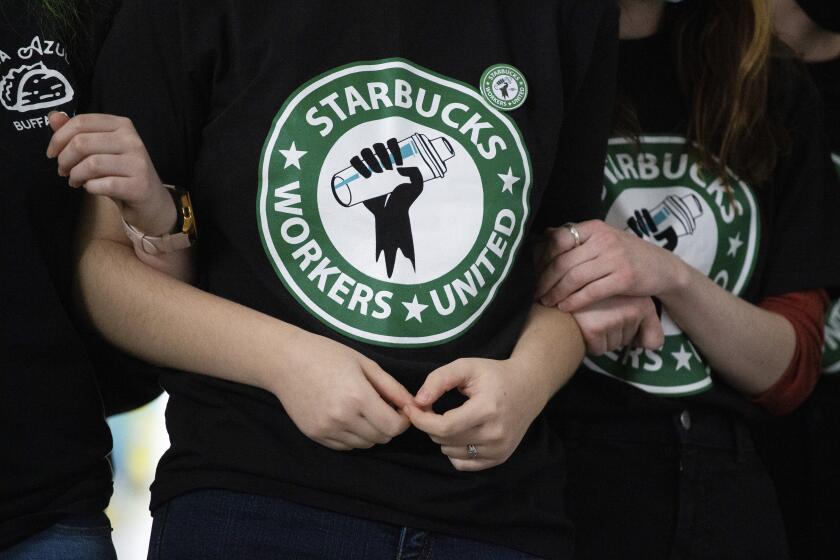Legal perils of workplace romance

Happy Valentine’s Day.
Last February, the Society of Human Resource Management (SHRM) released a survey that found over a third of American workers have been, or currently are, involved in a workplace romance. Even during the pandemic, a quarter of U.S. workers either began a new workplace romance or continued one sparked before the pandemic.
But office romances can be complicated. Jeff Zucker recently resigned as head of CNN after the network learned he had failed to timely disclose his intimate relationship with Allison Gollust, the network’s executive vice president.
What may a private at-will California employer do when faced with workplace romance?
Legal backdrop
California’s constitutional right to privacy protects employees of both private and government employers. California law further provides a procedural mechanism through which an employee may obtain lost wages and reinstatement for engaging in “lawful conduct occurring during nonworking hours away from the employer’s premises.”
California law nonetheless gives employers a relatively free hand when romantically linked co-workers are supervisor and subordinate.
It is not unlawful marital status discrimination for an employer, for morale and other reasons, to refuse to allow an employee to supervise their spouse or to refuse to place both spouses in the same department “if the work involves potential conflicts of interest or other hazards greater for married couples than for other persons.”
An employer has similar rights to manage unmarried employees in a supervisor-subordinate relationship. In 2003, the San Diego division of the California Court of Appeal ruled in Barbee v. Household Automotive Finance Corp. that HAFC did not violate sales manager Robert Barbee’s reasonable expectation of privacy by terminating Barbee for continuing a romantic relationship with a subordinate after being warned not to. The court declined to recognize a broad right of a supervisor to pursue an intimate relationship with a subordinate.
“The fact that courts have recognized that employers have legitimate interests in avoiding conflicts of interest between work-related and family-related obligations; reducing favoritism or even the appearance of favoritism; and preventing family conflicts from affecting the workplace strongly suggests that a supervisor has no reasonable expectation of privacy in pursuing an intimate relationship with a subordinate. Courts have also recognized that managerial-subordinate relationships present issues of potential sexual harassment.”
HAFC had “an express policy requiring that any supervisor who wanted to maintain an intimate relationship with a subordinate bring the matter to the attention of management to allow management the opportunity to take appropriate action to avoid the potential conflict of interest.” The company’s CEO also had warned Barbee that “intercompany dating was a bad idea.”
Outside of the supervisor-subordinate relationship, things get tricky. According to a leading lawyer’s practice guide, “it is unsettled whether rules prohibiting romantic (‘dating’) relationships between all employees may invade employee privacy rights.”
Reducing legal risk of workplace romance by requiring written disclosure to management
The practice guide advises employers to learn from Barbee and “consider adopting rules requiring employees to report to the employer intimate relationships with co-workers, to allow management to consider whether reassignment or other workplace action is appropriate. If an employee fails to report, discipline may be imposed for violating the reporting rule rather than for the relationship itself.” That, of course, was what led to Zucker’s downfall.
“Love contracts” are sometimes used for this purpose. The California Chamber of Commerce has a form for such a “consensual relationship agreement.” The agreement requires both employees to acknowledge the company’s commitment to avoiding “harassment, discrimination, conflicts of interest, exploitation and favoritism” in the workplace.
Both employees agree not to engage in “sexual or amorous” conduct, including handholding, in the workplace or “when performing work-related tasks in public areas.”
Having such a contract does not eliminate a California employer’s potential liability for failing to act if there is unlawful harassment or retaliation if the relationship ends badly. Such a contract is at best a useful snapshot of the relationship when it is signed.
Apply policies evenhandedly
Jeffrey Sonnenfeld, a Yale School of Management professor, and author Joanne Lipman wrote in a recent essay in The New York Times about the Zucker episode: “[T]he rules need to apply to everyone. This may seem like common sense, but in too many cases, companies look the other way for high performers or senior management.”
SHRM noted in releasing its survey that “The average person will spend about 90,000 hours at work throughout their lifetime. With this in mind, workplace romances are bound to happen.” Employers must balance the law of nature and the law at work.
Dan Eaton is a partner with the San Diego law firm of Seltzer Caplan McMahon Vitek where his practice focuses on defending and advising employers. He also is an instructor at the San Diego State University Fowler College of Business where he teaches classes in business ethics and employment law. He may be reached at eaton@scmv.com. His Twitter handle is @DanEatonlaw
Get U-T Business in your inbox on Mondays
Get ready for your week with the week’s top business stories from San Diego and California, in your inbox Monday mornings.
You may occasionally receive promotional content from the San Diego Union-Tribune.




